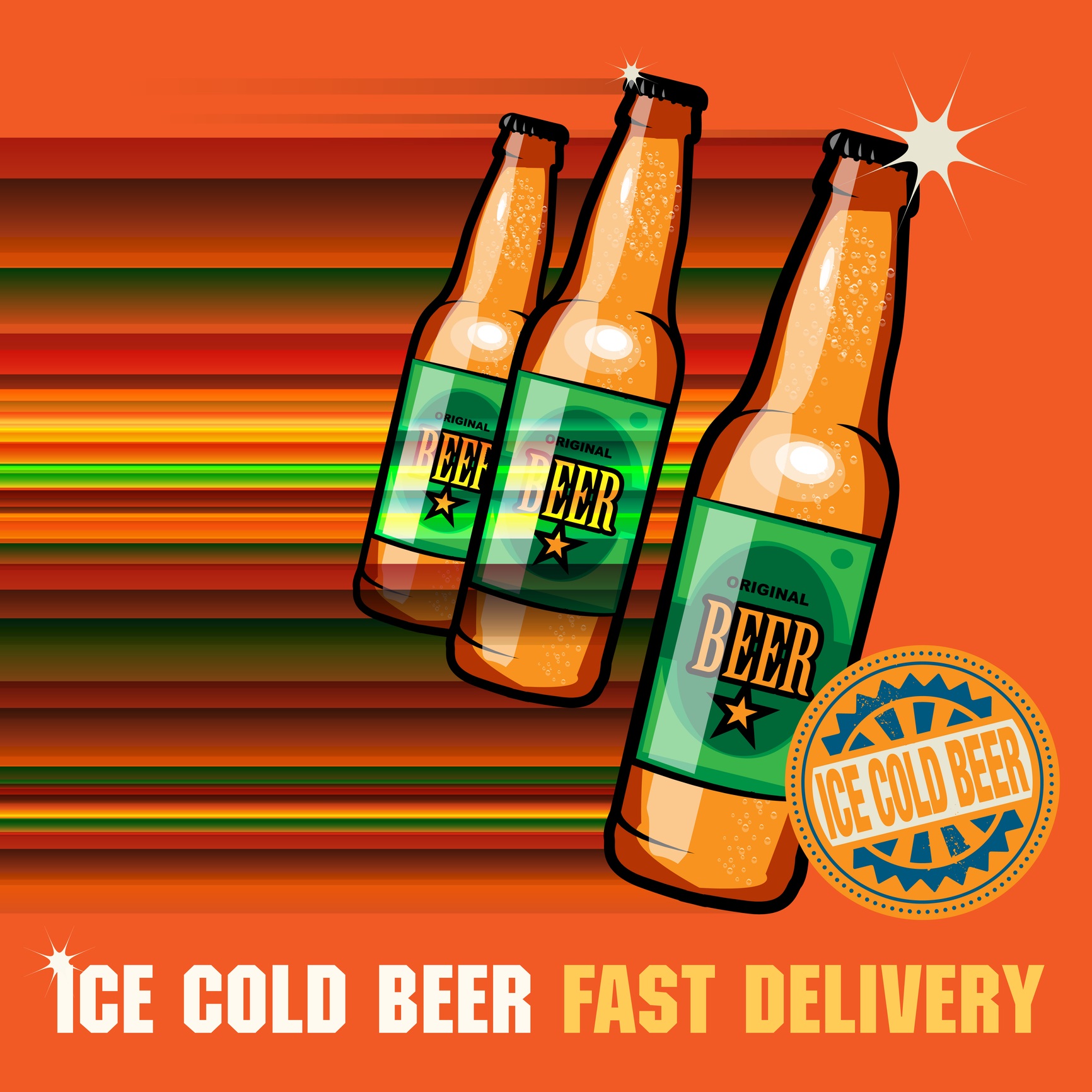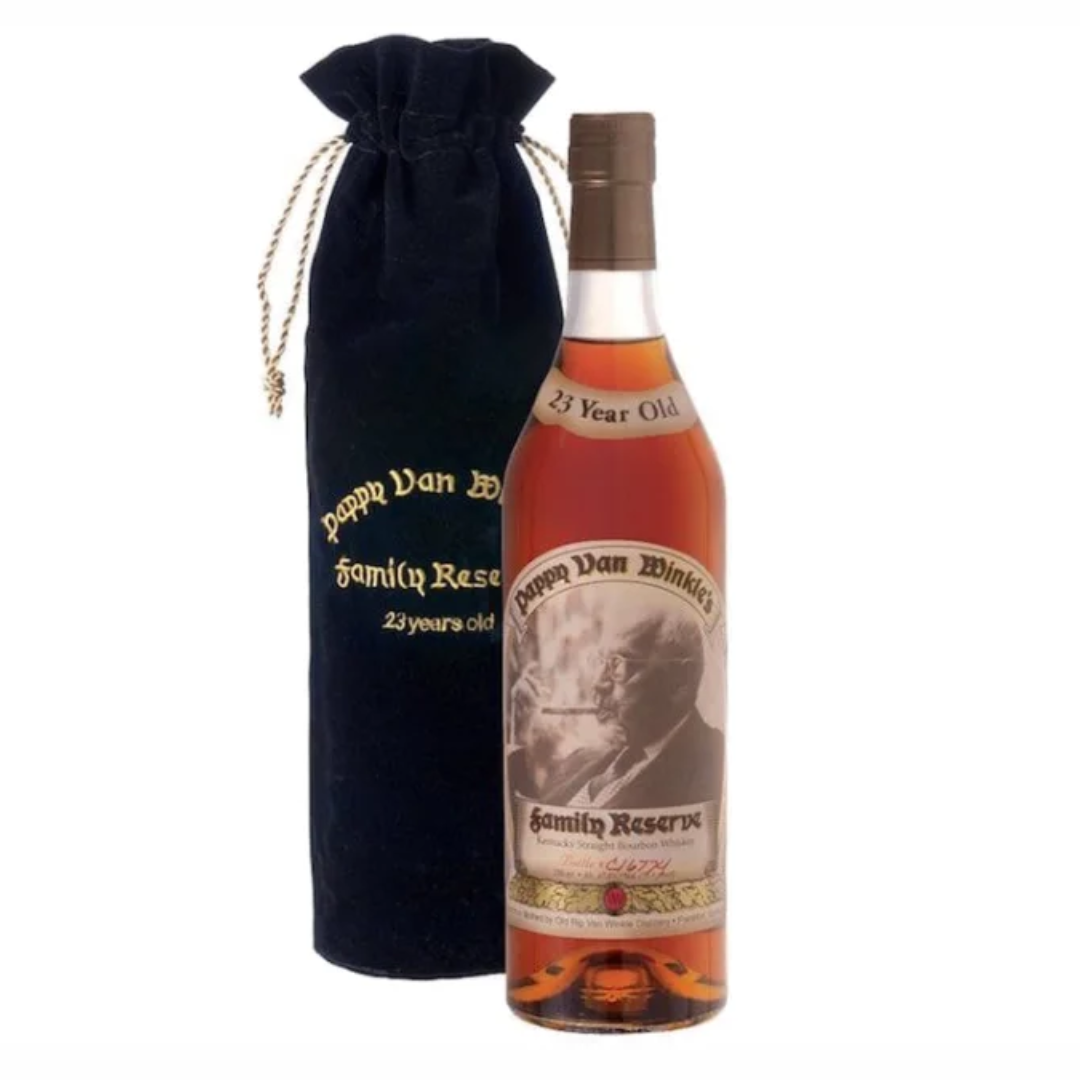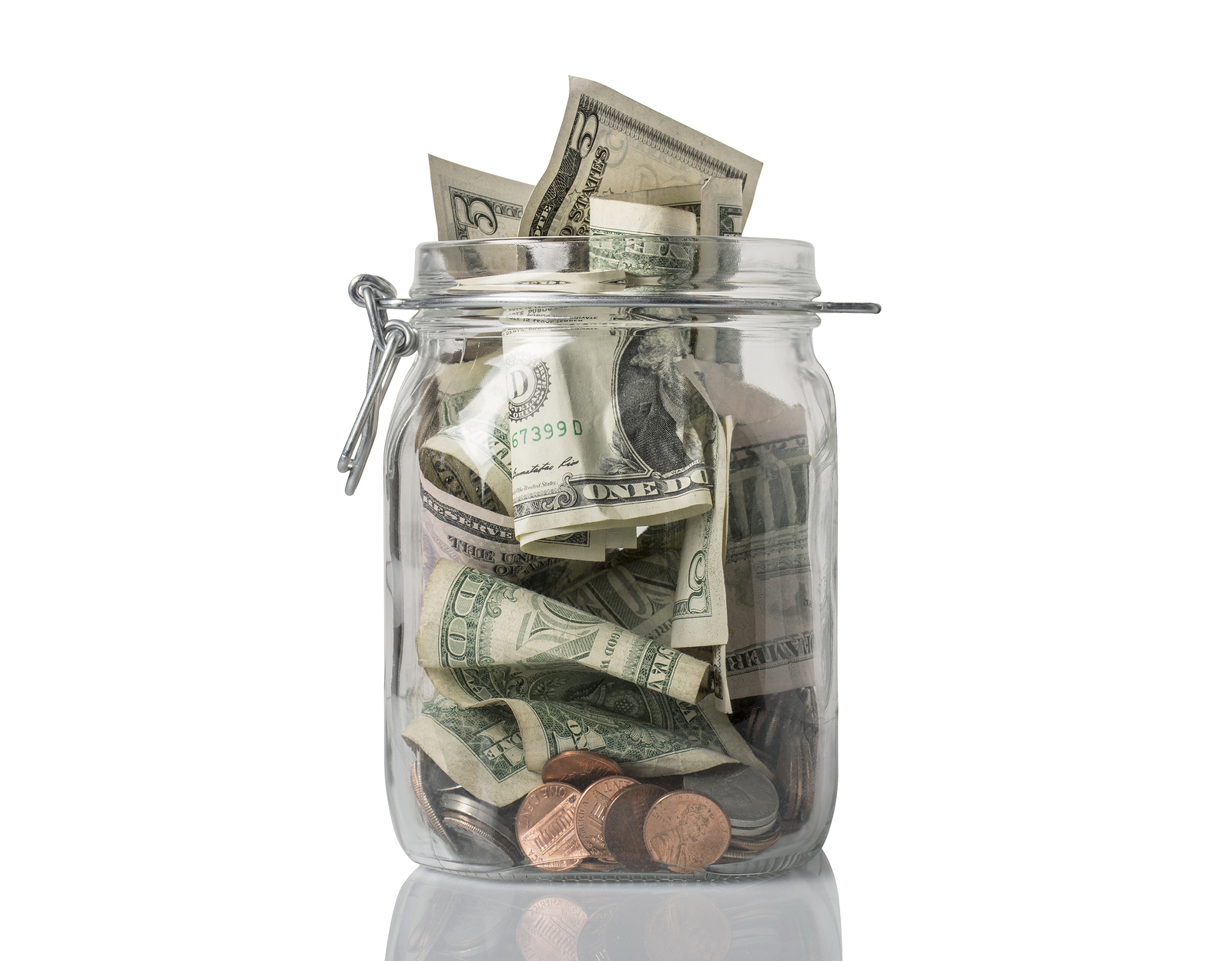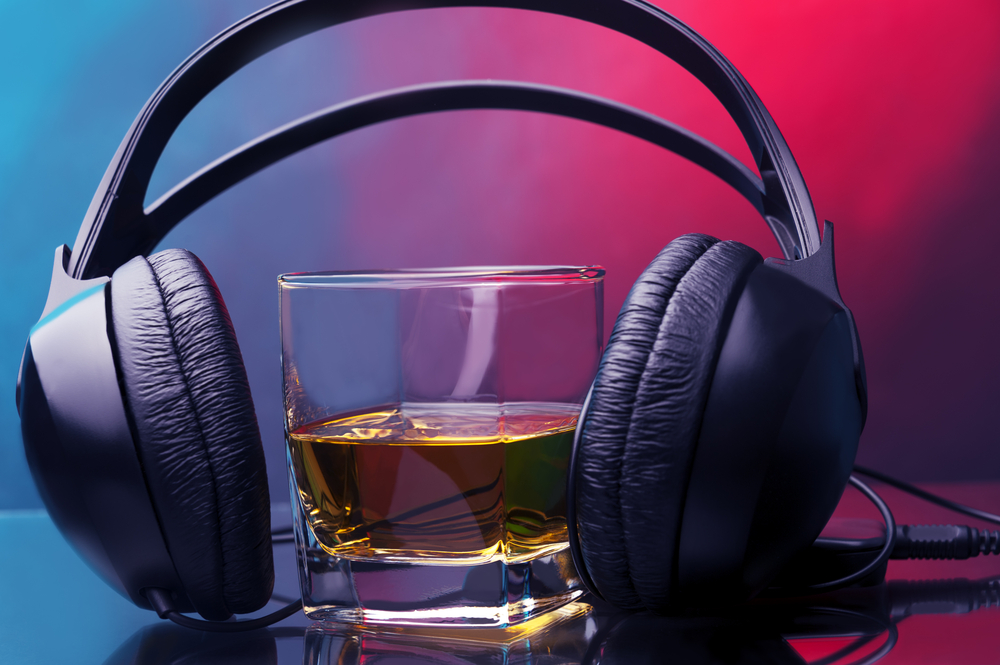For information regarding national and state liquor law matters or general manufacturing and distribution advice, please contact our Liquor Law, Licensing, Manufacturing, and Distribution Practice Group: Liquor Law Department Chair Theodore J. Zeller III, Esquire (tzeller@norris-law.com); David C. Berger, Esquire (dberger@norris-law.com) for Pennsylvania and New Jersey retail and manufacturing licensing; or contact our offices at 610-391-1800.
Coronavirus Survival Kit for Breweries and Restaurants

Pennsylvania breweries and restaurants, not unlike all others around the United States, are facing unique challenges presented by the Coronavirus. While the health of restaurant and brewery owners, employees, and patrons is paramount, everyone is concerned that their business will survive. This article will attempt to provide useful tips for operating your brewery and restaurant in a safe and sanitary manner and will also review unique provisions of the Pennsylvania Liquor Code which may enhance your business during a voluntary and mandatory quarantine. Since the initial publishing of this Message, please note mandatory closures were ordered in Montgomery, Chester, Bucks, Delaware and Allegheny Counties. This would include brewery taprooms.
Whether you are operating a restaurant or a brewery taproom, all employees must remain vigilant and be open and honest with their health status.
Any individual who suspects they are ill, or any employer who perceives that one of its employees is ill, must act immediately. Simply, the employee must be sent home, and hopefully, more information will be available from Federal and State governments as to financial assistance that may be provided to employees that are forced to quarantine themselves or otherwise lose work as a result of this pandemic. Symptoms include fever, cough and/or shortness of breath, and may appear as few as two days to as long as fourteen days after exposure. Washing your hands with soap and water for at least twenty seconds frequently throughout the day is preferred overuse of hand sanitizer. If only hand sanitizer is available, hand sanitizer should be alcohol-based containing 60-95% alcohol. Avoid touching your eyes, nose, and mouth with unwashed hands, and if you cough or sneeze, cover your nose and mouth with a tissue and immediately dispose of the tissue and wash your hands. The National Restaurant Association in conjunction with the CDC has published additional information on how the Coronavirus spreads, its prevention and its monitoring here: Centers for Disease Control and Prevention.
It is important to clean and disinfect objects and surfaces that are prone to multiple touches such as counters, doorknobs, toilets, phones, point of sale machines, and brewery tap handles.
If you have to handle cash, you should immediately wash your hands. The United States Environmental Protection Agency has posted a list of registered antimicrobial products for use against the Coronavirus here: EPA-approved list of coronavirus antimicrobial products. You can check the EPA registration number on any product label against the list published by the EPA to verify that the antimicrobial products are effective against the Coronavirus. A review of this list does not indicate products for effective dishwashing, so additional caution is directed. Selecting dishwashing products which contain a sanitizer and ensuring your dishwasher heats to a minimum of 150 degrees Fahrenheit is recommended. Sanitizing dishwashers are an excellent way to clean various utensils and items in your restaurant and brewery. Purchase rubber gloves for employees to roll silverware and for bussing tables.
The CDC has also issued interim guidance for businesses and employers, which is available on the CDC website.
As an employer, breweries and restaurants are encouraged to maintain flexible policies that do not require a healthcare provider note for employees who are sick to validate their illness. In addition, employees should be permitted to stay home to care for a sick family member. Again, it is important to emphasize to employees about the importance of staying home if they are ill (acute respiratory illness or fevers exceeding 100.4 degrees Fahrenheit). Restaurant and breweries should develop non-punitive leave policies. Employers should be placing posters that encourage staying home when sick, discuss coughing and sneezing etiquette, and review hand washing techniques. In addition to providing tissues or additional napkins for patrons while they are dining, breweries and restaurant employers should provide tissues and no-touch trash receptacles for use by its employees. It is important to ensure that adequate supplies of soap and water and alcohol-based sanitizers remain available. If one of your employees is confirmed to have the Coronavirus, you must inform your fellow employees to their possible exposure in the workplace but maintain confidentiality as required by the Americans With Disabilities Act (ADA).
As the Coronavirus progresses and more cases are reported, local conditions will influence the decisions public health officials make regarding community-level strategies.
For example, Governor Wolf on March 12, 2020, issued a Press Release involving Montgomery County and Commonwealth employees. In Montgomery County, all schools and adult daycare centers will be closed and, even though people are free to travel, the Governor recommends that non-essential retail facilities close. Supermarkets, pharmacies and gas stations have been deemed essential retail facilities and it appears that restaurants and breweries would fall into the category of non-essential retail facilities. Then, on March 14th, the Governor ordered the mandatory closure of certain retail facilities, including restaurants. As initially discussed, there are certain rights (and obligations) under the Liquor Code that could help you sustain your business during these difficult times, especially in the face of community-level health initiatives outlined above.
Restaurants are encouraged to make food available for delivery or curbside service.
Whether you employ your own delivery drivers or engage third party services like GrubHub, DoorDash, and Uber Eats to name a few, it is predicted food delivery from retail facilities will increase significantly. Many people practicing self-quarantine and, since mandatory quarantines have been ordered, restaurants and breweries may be permitted to deliver food, and if appropriately licensed, alcohol, unless public health officials restrict such operations. Restaurants that do not embrace food-to-go orders may wish to reconsider engaging in said operations. You may want to develop alternative menu items (like family-style dinners) which are easily packaged in sanitary to-go containers that can be delivered curbside or by your own drivers or these independent third-party services to homes.
If you are a restaurant with a liquor license, you are permitted to obtain a Transporter for Hire license for beer delivery.
Transporter for Hire licenses are issued by the Pennsylvania Liquor Control Board and can be obtained in relatively short order (unless the Commonwealth shuts down the Pennsylvania Liquor Control Board). This permit allows the restaurant liquor licensee to deliver up to 192 ounces of beer (the two, six-pack rule) to any individual. The payment for the order has to be processed at the restaurant facility. Multiple individuals on separate transactions can be part of one delivery to a residence. For example, a husband and wife, in separate transactions, would be able to order up to a case of beer for delivery. You can also contact your local beer distributorship which is permitted to deliver to your home in unlimited quantities as long as the transaction is completed at the beer distributorship premises. Like a restaurant order, this means that payment must be run through some point-of-sale system on the beer distributor’s website or someone calls in a credit card for processing at the beer distributorship.
Recently, the Pennsylvania State Stores began offering home deliveries to consumers. The Pennsylvania Liquor Control Board has specifically banned companies like Drizzly from operating within the Commonwealth. The only access to spirits is from the State Store or local distilleries. State Stores are closing on Tuesday (ironically, St. Patrick’s Day) in Montgomery, Chester, Bucks and Delaware counties, which has significantly burdened surrounding counties. This author waited in a 40-minute line on Sunday to purchase alcohol at a State Store in Lehigh County.
Fortunately, Pennsylvania breweries, wineries, and distilleries can deliver their products in unlimited quantities directly to consumers’ homes without any additional permits. All of these manufacturing licenses permit the direct sale to consumers as long as the transaction is completed by a point-of-sale at the brewery, winery or distillery premises. Again, this would involve processing through the facility’s website or calling in a credit card. If the brewery, winery or distillery does not have its own trucks for delivery of the products, those manufacturers can engage a Transporter for Hire to deliver the products directly to the consumers in their homes. We recommend that any delivery driver be armed with their own alcohol-based hand sanitizer. Orders should encourage any tips that are made to be completed at the time of the transaction on the consumer’s credit card as opposed to the consumer handing cash to the driver at the point of delivery. Unfortunately, with the delivery of alcohol, limited social interaction must occur. Specifically, the driver must be able to verify that the recipient of the alcoholic beverages is twenty-one years old. It is recommended that the driver ask the recipient to show appropriate identification without the need for the driver to touch the identification.
The above information is strictly conditioned upon further guidance received from local, State and Federal public health officials.
If mandatory closures are ordered and you are not open in a fifteen-day period, you must put your license in safekeeping with the Pennsylvania Liquor Control Board. If your taproom is a part of your brewery license which is still operating, you do not need to place your license into safekeeping. Although the Coronavirus has created a health and business environment that few have seen in their lifetime, it will pass at some point. Keeping your employees and patrons healthy and developing unique ways to sustain your business will be challenging but provide experience for future pandemic outbreaks or other emergencies. These are quite unique times.




